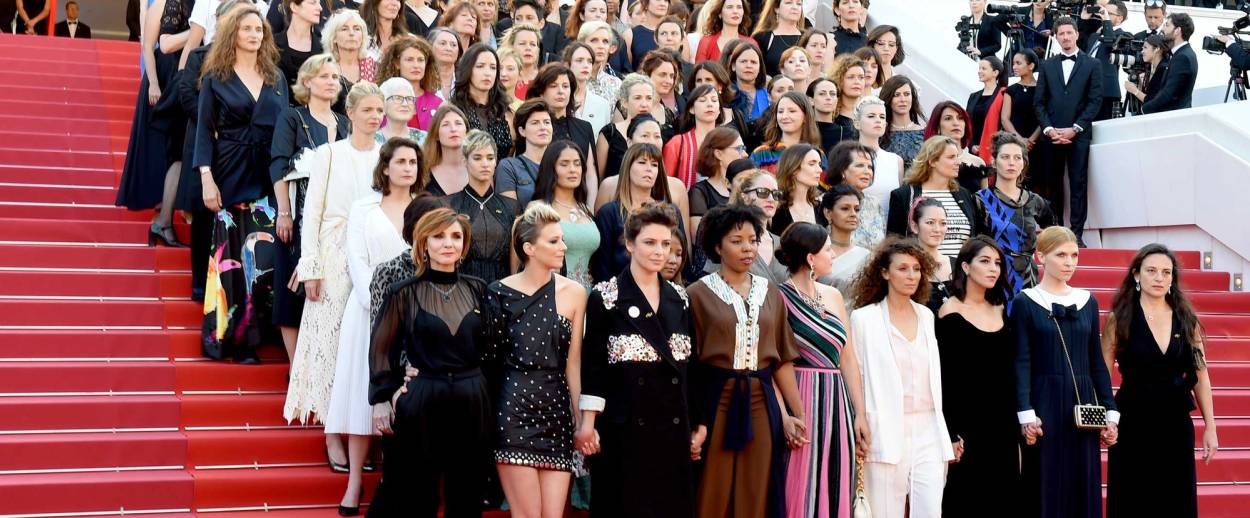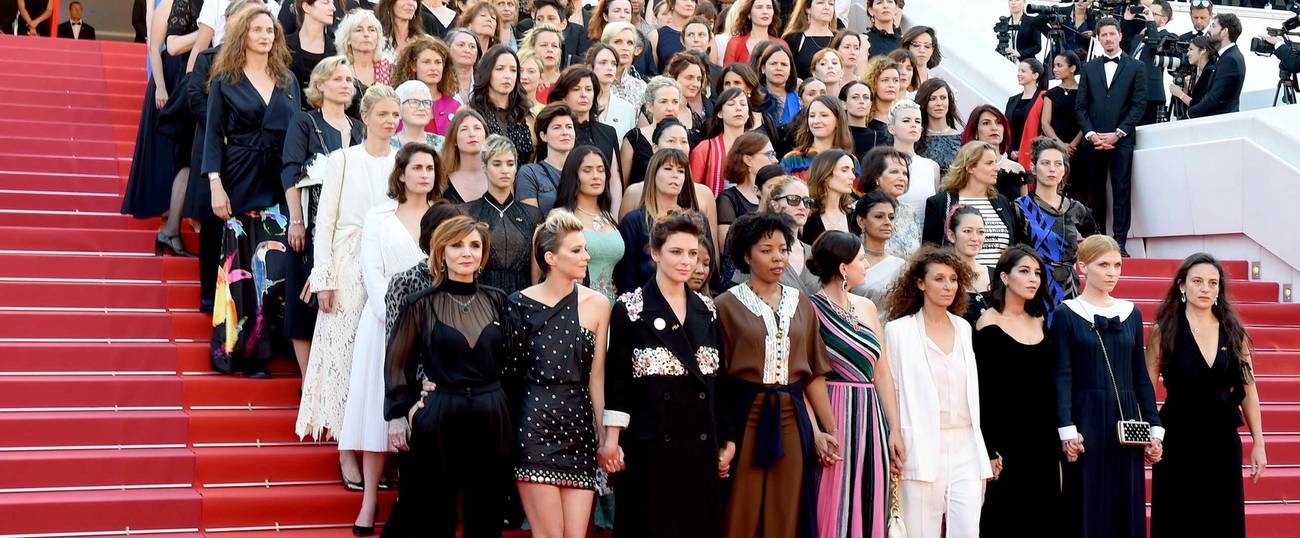While Israel spent the day celebrating an unexpected victory in Europe’s trashy and ignoble Eurovision contest, it has been an undeniably bad year for Israeli cinema. Some Israeli professionals at the Cannes Film Festival admitted that with not a single Israeli film represented in any of the three main programs, it was perhaps the worst year for Israeli cinema in a decade. The mood at the annual Israeli beach party was equally circumspect, with much of the gossip focusing on the machinations of Israel’s right-wing firebrand Minister of Culture Miri Regev. Several Israeli film professionals speculated that the forthcoming reforms of the Israeli film industry, ostensibly meant to make appointees less politically dependent, but seen by many as favoring the implementation of more nationalistic world views, were responsible for the atmosphere as well as the year’s lack of critical credibility from the Israeli side. Last February, Regev made headlines with her boycott (it would not be her first) of an Israeli festival in Paris over it having premiered the critically acclaimed Foxtrot, a film whose politics she did not care for.
Halfway through this year’s Cannes festival, there is a widespread consensus that it seems to be the most troubled year in recent memory. The glamour—as well as its corollary inverse, the munificent sleaze of Cannes—is quite muted compared to the usual fare. The parties seem to be more subdued, and the crowds are thinner than usual. Many fewer film stars are attending than have in previous years. There seem to be fewer yachts in the harbor, and the festival’s mood of purgation seemed to reach into almost every realm. Even at the official party of the Chinese Film Agency that I attended in a private villa high above the hills over the weekend, the proceedings were formal and officious. Though, blessedly, the event did include a Chinese Michael Jackson impersonator who did not speak much French or English.
The Weinstein affair and its aftermath have continued to reverberate in Cannes, with the festival taking numerous efforts to correct the sense of complicity and lingering reputation for institutional misogyny. The short-lived 2015 ban on women not wearing stilettos on the red carpet, quickly overturned, will doubtless not be remembered as the most feminist moment in the history of the festival.
“It is very hard to prove, but he [Weinstein] was always bringing important actors here and the festival relied on him. There is a lot of real tension here in the air, a really tense atmosphere,” a film professional confirmed to me with the express request that his comments remain anonymous. “Along with all the sexual harassment flyers we are being given, there is also the level of ramped-up security.”
The festival has been hosting nonstop events and panels to show a better face in the wake of the scandal. Indeed, the anxiety culminated over the weekend, with a Chechen militant who had held French citizenship going on a stabbing spree in Paris, killing one person and wounding several others before being killed by French security forces.
On the Saturday red carpet for Eva Husson’s Girls of the Sun, 82 prominent women filmmakers and actresses representing every woman filmmaker who has ever competed at Cannes (more than 1,688 men have had the honor) marched with locked arms up the stairs, and turned in formation away from the Palais des Festivals. Only 12 women have led the jury, and only two women have taken home the Palme d’Or: Jane Campion and Agnès Varda. Cate Blanchett, together with Varda, read out the statement of the 82 women, noting that “facts are stark and undeniable.”
Fittingly, Husson’s Girls of the Sun is a feminist war film focused on Kurdish women’s militias arising to fight Islamists, and which has garnered mostly positive reviews (though several critics at the festival and in the press have pointed out that ISIS is not named outright).
Yet, several prominent film critics I spoke with over the past week have complained in private that the programming this year was adequate but uninspiring. While there was a sprinkling of decent and interesting films, overall 2018 has up until this point lacked in excellence or masterpieces. Some national cinemas have fared better than others: It is a good year for Iceland, China, Japan, and Poland, with America being well represented. But that situation might still change, of course, and many of the most hotly awaited features are set for the final days of the festival (including the new Star Wars Han Solo standalone spinoff, the return of Danish film director Lars von Trier with The House That Jack Built, after he had been declared persona non grata in 2011 for his admiring comments about Hitler.
This underlying sense of disappointment ranged across the spectrum from the heights of the most arcane art cinema down to the connoisseurs of the most specialized genre film. Over a coffee at the Nespresso bar, Manchester, U.K.’s Grimmfest horror film festival’s senior programmer, Steve Balshaw, informed me that it had been an underwhelming year for genre film. “It’s been a very strange year and we have had a lot of bad horror films. It’s all very Latin American in a way that does not translate outside of Latin America, with lots of Catholicism and Santeria and satanism, and it’s all very ranty and shriek, and it is the kind of films where people go to an old house and get raped by a demon in the first five minutes and don’t leave the house.”
Read the first of Vladislav Davidzon’s dispatches from Cannes Film Festival 2018 here.

